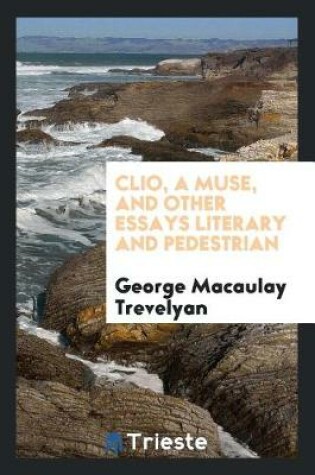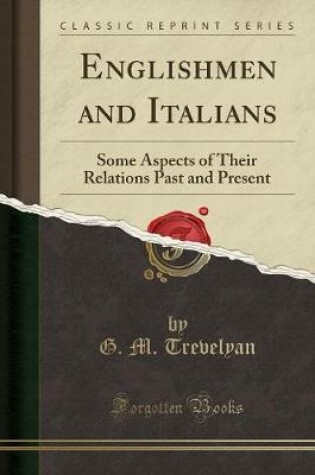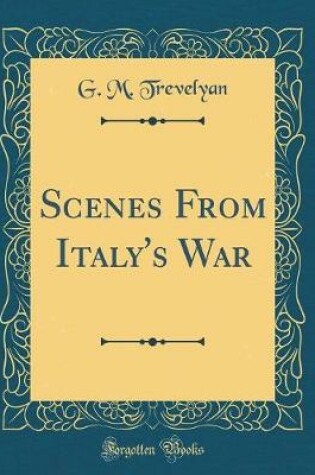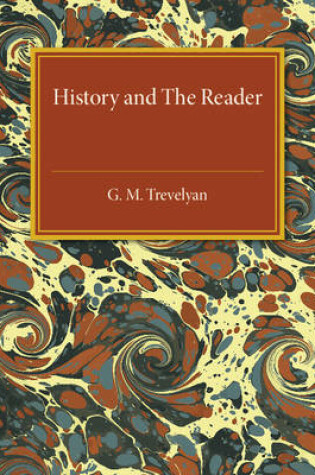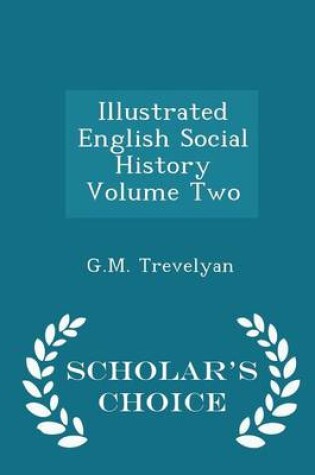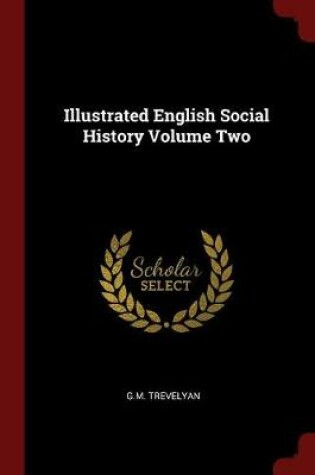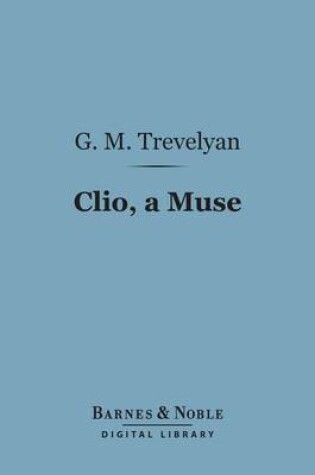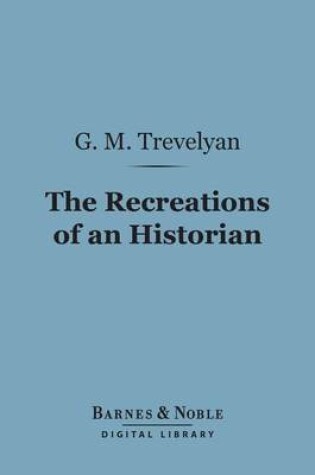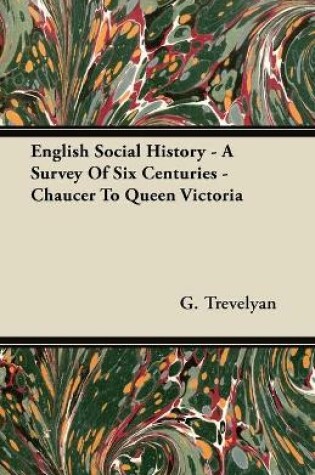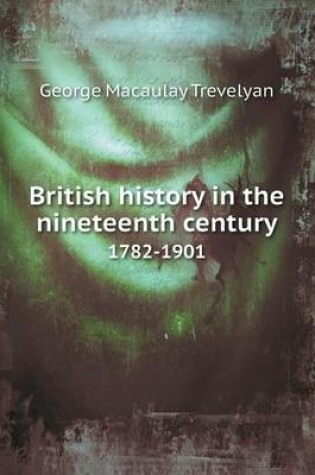G.M Trevelyan
34 books • 8 series
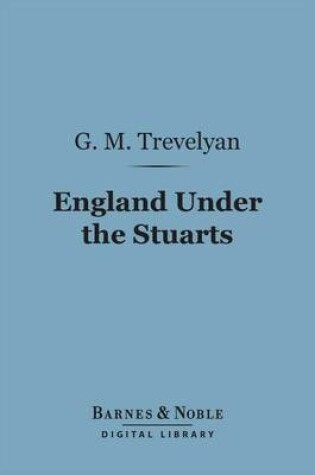
England Under the Stuarts (Barnes & Noble Digital Library) (Barnes & Noble Digital Library)
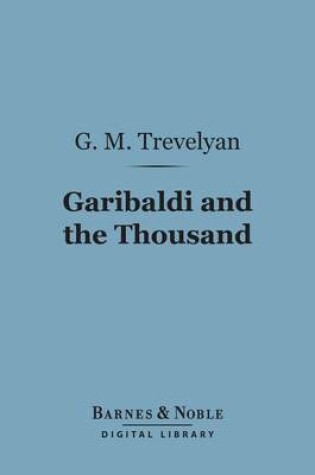
Garibaldi and the Thousand (Barnes & Noble Digital Library) (Barnes & Noble Digital Library)
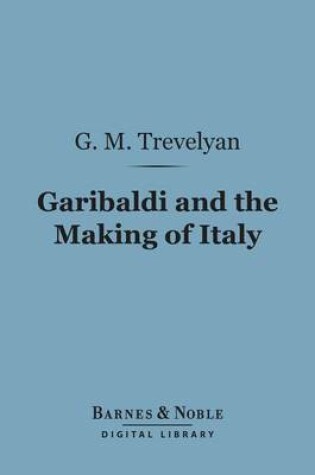
Garibaldi and the Making of Italy (Barnes & Noble Digital Library) (Barnes & Noble Digital Library)
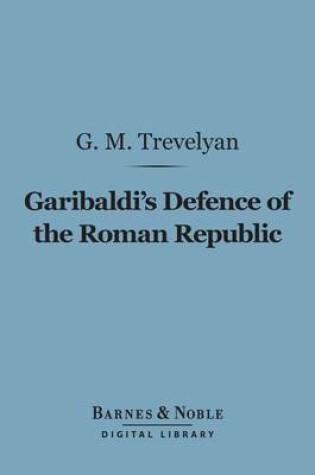
Garibaldi's Defence of the Roman Republic (Barnes & Noble Digital Library) (Barnes & Noble Digital Library)
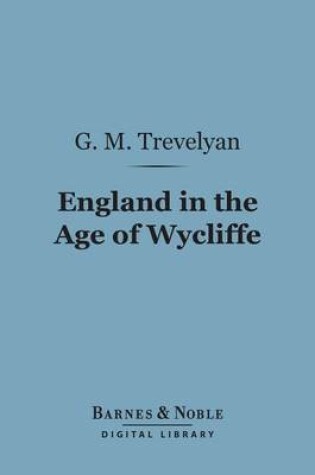
England in the Age of Wycliffe (Barnes & Noble Digital Library) (Barnes & Noble Digital Library)
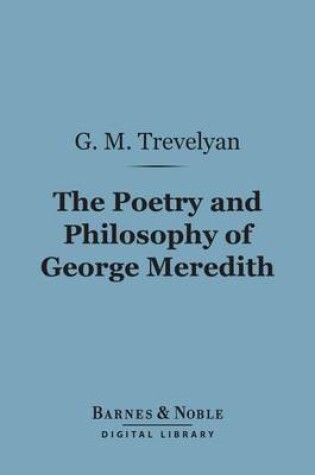
The Poetry and Philosophy of George Meredith (Barnes & Noble Digital Library) (Barnes & Noble Digital Library)
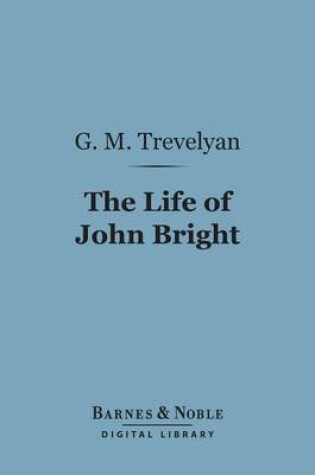
The Life of John Bright (Barnes & Noble Digital Library) (Barnes & Noble Digital Library)
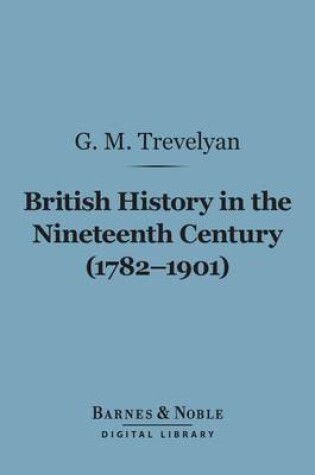
British History in the Nineteenth Century (1782-1901) (Barnes & Noble Digital Library) (Barnes & Noble Digital Library)
